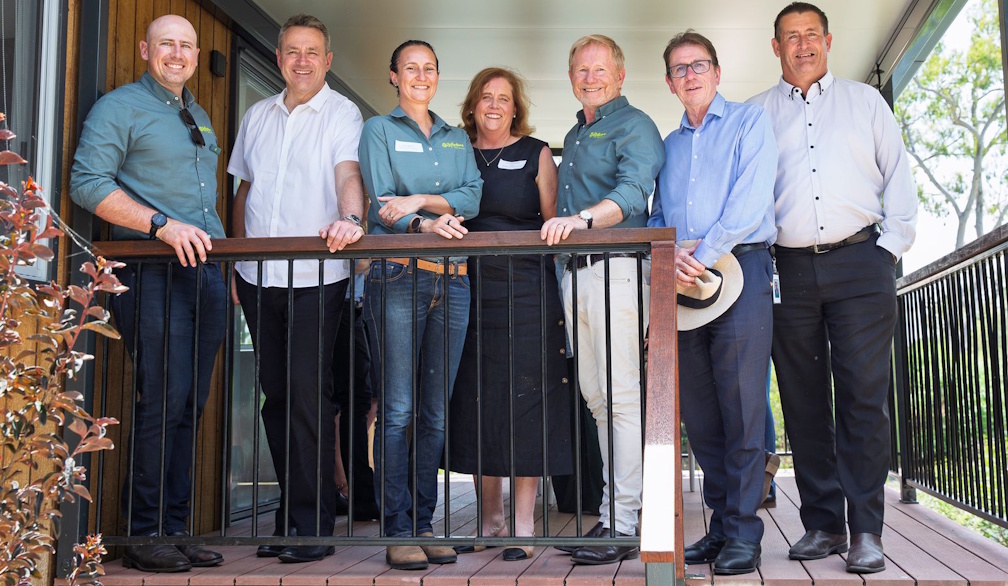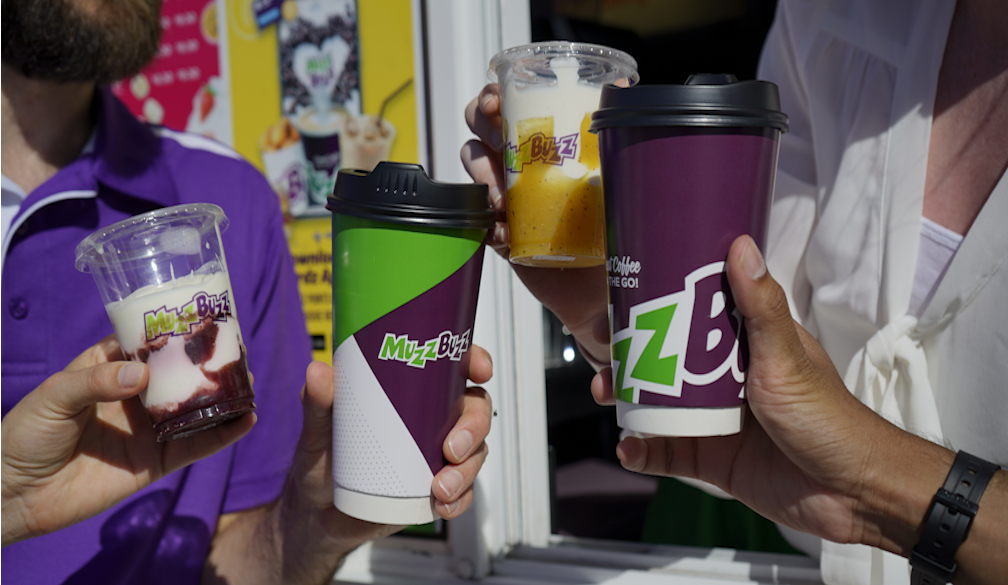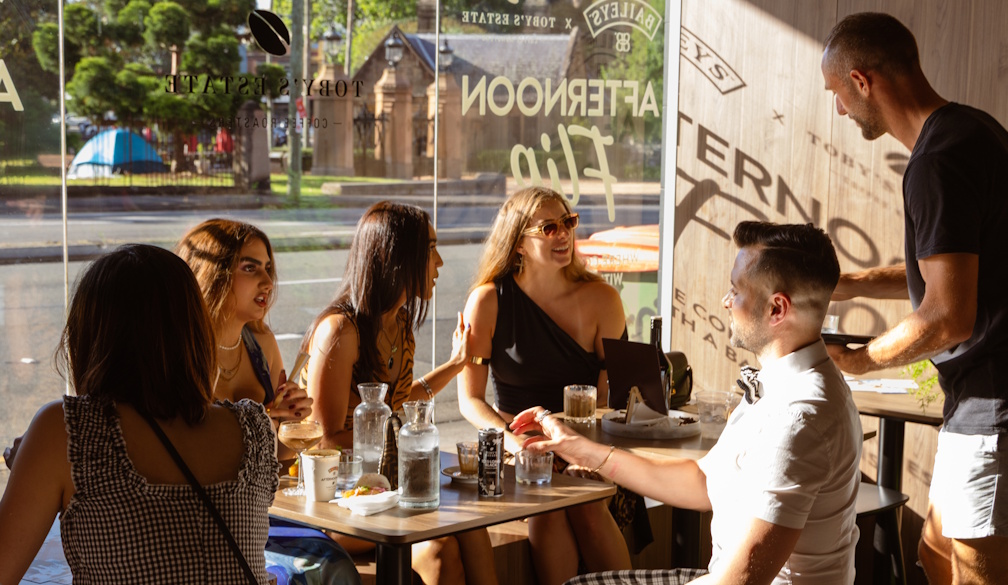Reflections invests almost $1 million in Tumut River park to boost regional tourism
- Written by Times Media

Reflections Holidays, the largest adventure holiday park group in New South Wales, has launched four tiny homes at its Tumut River park, an accommodation first for the picturesque destination, with further capital expenditure planned.
Reflections has invested more than $900,000 at the Tumut River park since being appointed Crown land manager in early 2025 and estimates that the Tumut River park will inject $1.2 million annually in additional tourism revenue to the region.
Visiting Reflections Tumut River today, the Minister for Tourism, Steve Kamper, said that the 2035 Destination NSW Strategy had a clear target to achieve $91 billion in annual visitor expenditure by 2035, and that the Riverina Murray was well placed to support this growth with nature-based tourism attractions including hiking trails, biking and river-based activities, alongside agritourism and cultural, heritage and indigenous tourism.
"The Riverina Murray visitor economy delivered 5.4% of the region’s jobs in 2023-24, supports 3,296 businesses and directly delivers 3% ($681 million) of the region’s Gross Value Add, which has grown at an average 7.8% each year since 2016,” Mr Kamper said.
“This region attracted 6.1 million visitors and 9.5 million visitor nights in 2024 and it’s exciting that Reflections Tumut River is among the accommodation providers that support world-class events in this growing region.”
A certified social enterprise, Reflections is unique in its industry because it reinvests profits into its 40 holiday parks and the 47 nature reserves it cares for across NSW.
Reflections CEO Nick Baker, Minister Kamper and local tourism operators and businesses inspected the Tumut River holiday park’s first four tiny homes, with work recently completed to improve the internet, guest Wi-Fi and security at the park, as well as existing assets including the camp kitchen and cabins.
Mr Baker said the bulk of tradespeople who were contracted to work on the Tumut park improvement program lived locally or within an 80km radius, from builders, electricians and surveyors to locksmiths and nurseries – and a plumber who was able to employ an additional apprentice because of the extra work opportunities.
He said Reflections was committed to making a broader positive social impact in Tumut and had engaged Nourish Consulting to host a workshop for local business owners, community and tourism organisations to contribute to the conversation about what matters most to them as part of Reflections’ efforts to identify ways to positively impact the region.
“We are all committed to working together to promote the region, and Reflections is examining how to partner with businesses and educational groups to make a real difference in the region, for example hosting excursions and workshops to benefit local youth and possibly create career pathways,” Mr Baker said.
Participants at the Tumut workshop identified community pride and belonging, local jobs and training, environmental stewardship and support for community groups, events and local businesses as areas that Reflections could make a positive contribution.
A new report prepared by Nourish Consulting also found that the social wellbeing value created by Reflections Tumut River holiday park in its community tops $8 million.
“In practice, that’s a significant contribution: comparable to giving each person a substantial annual benefit in improved quality of life, belonging, access to nature, and economic stability. It shows Reflections is not just an accommodation provider but also a major driver of community wellbeing in Tumut,” the report stated.
Mr Baker said Reflections was thrilled to partner with Snowy Valleys Council and would continue to work with local stakeholders to not only improve the park for the enjoyment of guests and the community.
“Reflections has already supported or sponsored local community events including Rock The Turf music event and the Falling Leaf Festival, and that type of grassroots support will continue into the future, and our discussions with local tourist operators are continuing.
Reflections’ interest in the Tumut River holiday park was strategic with Reflections Tumut River connected to the Hume and Hovell Track along with two other Reflections parks at Burrinjuck Waters and Wee Jasper Reserve providing a further location on this great walk.






















